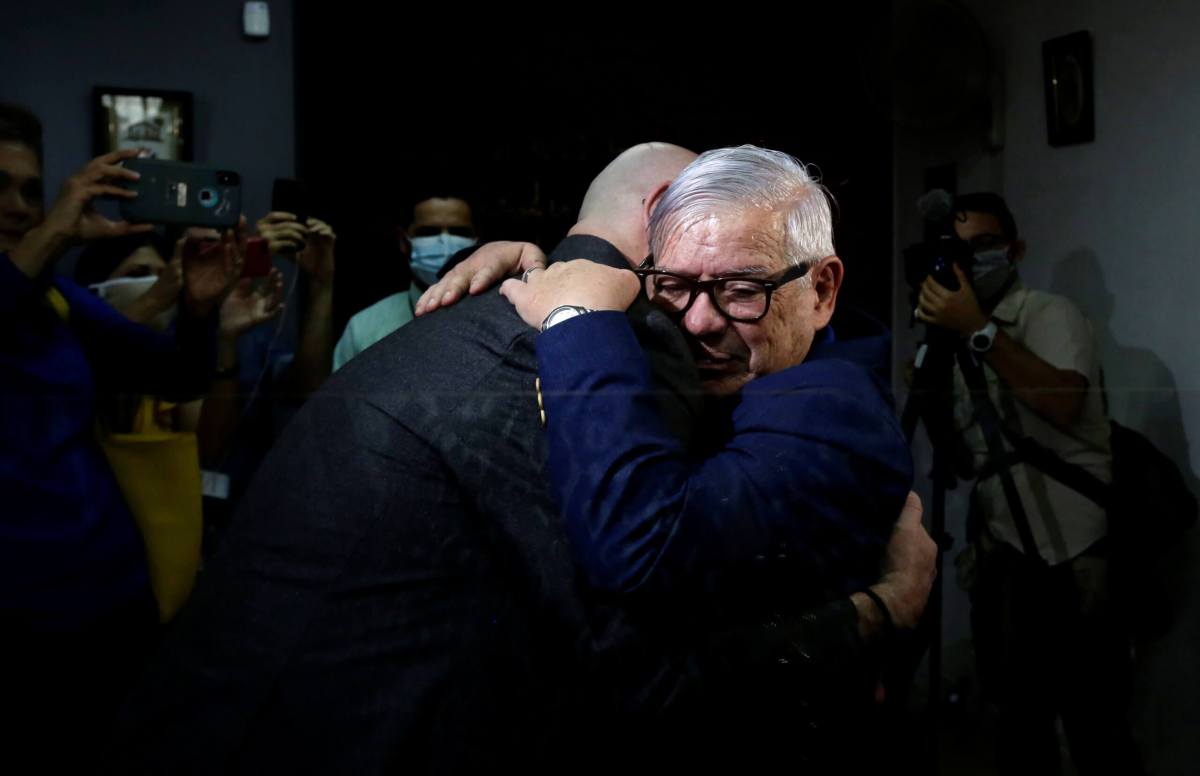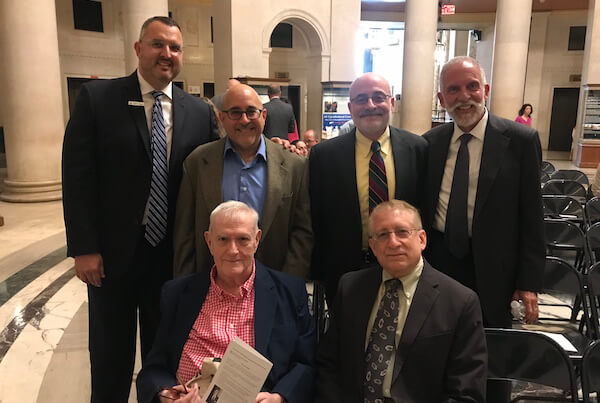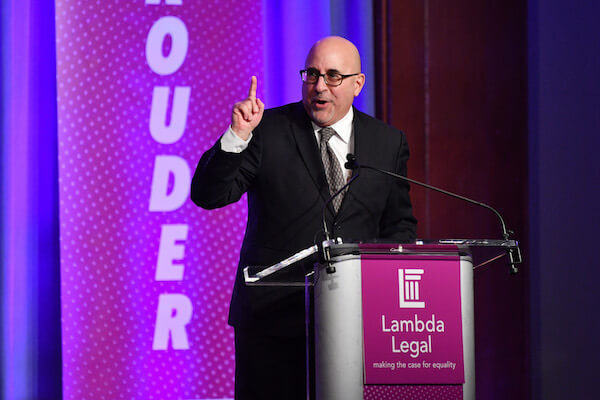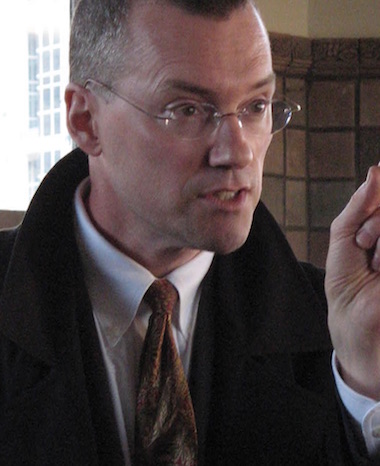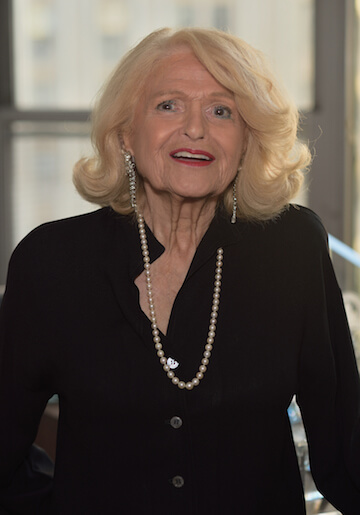Following a prolonged legal battle, Costa Rica on May 26 became the first nation in Central America to welcome same-sex marriage rights.
The nation officially recognized marriage equality after years of legal hand-wringing that led to a 2018 ruling by Costa Rica’s Constitutional Court that the nation’s legislature would have a year and a half to legalize same-sex marriage or else the court’s ruling would automatically usher in marriage equality. Even then, stubborn lawmakers opposed to same-sex marriage battled to the very end and sought to use the coronavirus as justification to delay the implementation of the law, according to The Costa Rica Star.
Costa Rican President Carlos Alvarado Quesada, who rose to power in 2018 following a contentious election battle that featured an anti-LGBTQ candidate, praised the ruling and described it as a step forward for equality.
“Today, Costa Rica officially recognizes same-sex marriage,” he wrote in a tweet translated from Spanish to English. “Today we celebrate liberty, equality, and our democratic institutions. May empathy and love be the compass that guide us forward and allow us to move forward and build a country that has room for everyone.”
Couples started getting married at midnight on May 26 as they made history in the first nation to achieve marriage equality in the region since Ecuadorians did so last year. Argentina, Brazil, Colombia, Uruguay, and many of Mexico’s states allow same-sex marriage.
Whenever the coronavirus pandemic dissipates, same-sex marriage rights could potentially lead to a boost in tourism to Costa Rica, which already has long been established as a top destination for LGBTQ international travelers.
The Inter-American Court of Human Rights, which is based in Costa Rica, issued a 2017 opinion stating that same-sex couples should have the same rights as straight couples. In January of 2018, that court ruled that member nations should provide same-sex couples with marriage rights, a ruling that was followed up by Costa Rica’s Constitutional Court.
The ruling that led to same-sex marriage was similar to one in Taiwan, which secured marriage rights last year when the legislature voted in favor of a bill that legalized same-sex marriage two years after that nation’s Constitutional Court struck down the ban and gave lawmakers a deadline to pass a marriage law. Like in Costa Rica, that ruling also led to stiff resistance from those who opposed marriage rights.
Victor Madrigal-Borloz, who hails from Costa Rica and serves as the United Nation’s independent expert on sexual orientation and gender identity, posted a written statement on Twitter hours before the new law went into effect.
“In a few hours my country, #CostaRica, will recognise equal marriage. An extraordinary moment of celebration and gratitude to the work of so many activists, and of quiet reflection of the lives of those who lived without seeing this moment. #siaceptoCR #IESOGI”
The International Lesbian, Gay, Bisexual, Trans, and Intersex Association (ILGA) expressed support for Costa Rica after same-sex marriage officially became a reality.
“Costa Rica is celebrating today,” the organization wrote in a tweet. “Marriage equality has become a reality in the country — the first one in Central America! We rejoice with you: congratulations to all those who worked so hard to make it happen!”
Evan Wolfson, the founder and president of Freedom to Marry, which wound down after the US Supreme Court’s 2015 marriage equality ruling, also congratulated Costa Ricans who have long waited for queer weddings.
“Felicidades, #CostaRica,” Wolfson wrote on Facebook. “You are an example showing the world that #LoveWon. Now it’s time for the Freedom to Marry throughout #LatinAmerica.”
To sign up for the Gay City News email newsletter, visit gaycitynews.com/newsletter.

